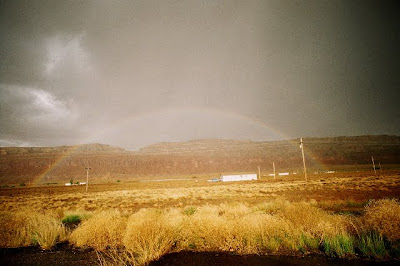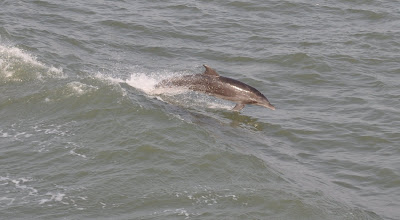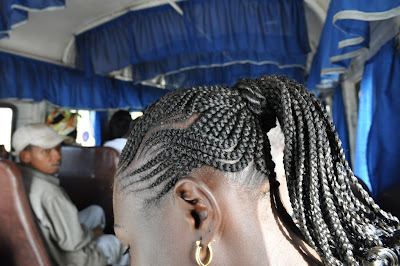
It's been a really long time since I saw my friend Now, who since selling his small shop in Dakar has moved back to home turf in Casamance. In the end he came up against all sorts of problems in Dakar- mostly spiteful rich neighbours wanting to make life difficult for him- and unable to make even basic ends meet, he moved to Bounkeling, a small town without electricity 200 kilometres north of Ziguinchor.
After spending three months in his home village- 25 kilometres from Bounkeling along a narrow sand track through the forest- vowing not to go back to commerce, he started to see business opportunities unfolding before him. Around his village are hundreds of farmers growing lemons, chillies, baobab fruit and rice, bountiful crops flourishing in the immensely fertile soil. Most of it goes to feed the families that grow it, some of it makes it to the weekly Sunday market in Bounkeling for trade between villages but hardly any of it goes further than that. While Dakar imports rice and onions from Thailand and Holland, Casamance remains largely cut off from trade because people want to eat 'exotic' imported food, not the boring stuff that comes from their own land.
Loading his capital- from the sale of the shop- into children's plastic sandals in Dakar, Now set off to make a small profit on it. He went to villages when he heard there was a Joola circumcision party going on and set up a stall, laying a mattress down at night to sleep and lighting a torch above the stall to keep thieves away. When he made a profit on that, he rented a small shop, a couple of rooms in a big empty house and procured a table in the market.
On Sundays he goes to the weekly market to buy onions, stock cubes, tomato paste and mustard (the mainstays of Senegalese cuisine) in bulk and then on hot afternoons on his porch he spoons everything into neat 25 franc plastic bags, twisting the bags into a knot around his thumb to close them, to sell during the week. His wit and charm means he has outstripped his competitor, a grumpy old man who sits at his table opposite, devoid now of customers. Women and girls flock to his table in the morning, and he greets them in Fula, Wolof, French, Mandinka or English, depending on which side of the Gambia border they have come from, giving them each a special name. The girls giggle as they toss onions into their shopping buckets and the women bring him presents of rice or fish as he enquires after the families back at the house. He's a natural-born salesman but he doesn't much care about the money side of it, it's the people who make him happy.
During the evenings where we lay a mat out on the porch, we talked a lot about our time in Dakar and the last couple of years which were difficult for us both, in different ways. He said when when Julia, Cecilia, Naomi and I one by one went off to other parts of the world, he felt like he was stuck in a bottle. He was working all hours of the day and night but not making enough to eat, which explains the constant illnesses. Also he didn't have anyone to share his different way of thinking with; no one appreciated the small garden we had set up and the neighbours, rich Senegalese and French, felt him a nuisance and did all they could to make him leave. Even though he kept the street clean, sold them packets of Malboro and provided a place to keep out of trouble for for the dozens of Fulas - most of them with failed farms behind them- who trekked in from Casamance and Guinea in the hope of finding work, they didn't like his shop, or his success, and made life impossible for him. In the end, he just wanted to sell the shop and never think about commerce again.
On Wednesday we borrowed a motorbike and went to visit his wife and kids in his father's village. We passed through fields of citrus fruits, wide swathes of forest where only the sound of a bell told us that there were cowheards nearby, and under grand baobab trees with their jewelry-like fruits hanging, silhouetted against the setting sun.
"Look at all this forest," said Now as he navigated the sandy track, making do without second gear which had failed just as soon as we left Bounkeling.
"People could farm here, there is nothing from here to the Gambia border and the forest belongs to no one. But people don't want to do anything with it."
As we brushed the hedges crowding on either side of the track, and I thought from time to time about MFDC rebels who might, or might not, be hiding out in wait for a profitable loot, the smell of lemon, thyme and chamomile thickened the air.
"You should write a story about the rocks," said Now, as the bike shuddered over yet another set of small boulders. "That's why I wanted to bring you here, because I know you will be able to write something about it."











































